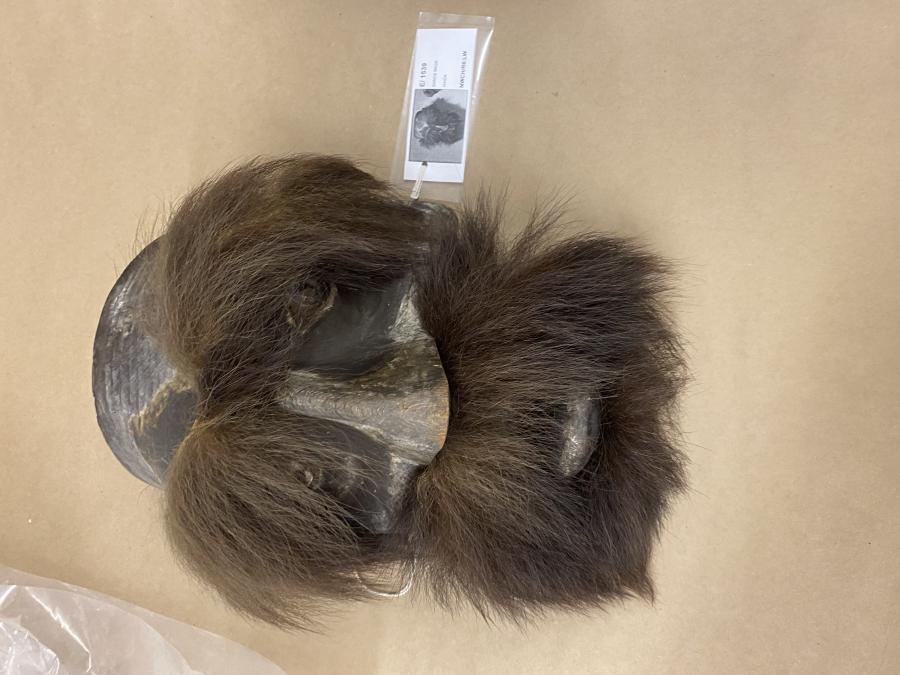On September 26, 2011 over 200 people protesting Canadian government's support for Alberta's Tar Sands and the Keystone pipeline XL were arrested trying to carry out a sit-in in the House of Commons in Ottawa. Read the story below.
For Immediate Release
September 26th, 2011
Ottawa, ON. Hundreds have been arrested on Parliament Hill while protesting the proposed Keystone XL pipeline. The protests have been organized by First Nations and environmental organizations, and are endorsed by Dene Nation.
Dene National Chief Bill Erasmus has joined the protests, and spoke to the crowd of one thousand about the impacts of tar sands developments on Dene.
"Toxic tailings ponds already cover hundreds of square kilometres , and are growing by the minute," Erasmus said.
"Millions of litres of contaminated water leak each day from these tailings ponds into groundwater and tributaries in the Athabasca River watershed. These waters flow through Denendeh, from northern Alberta to the Arctic Ocean, and any pollution in the water impacts our communities. This is one of our main concerns about tar sands development."
Dene Nation has endorsed the Ottawa protests as previous efforts to lobby the government have fallen on deaf ears. "It is unfortunate that we must resort to civil disobedience to make our voices heard," Erasmus said.
"But in this crucial time when tar sands developments are threatening our water, the fate of our climate, the lives of our children, and our Treaty and basic human rights, we can no longer afford to be obedient to this government and the fossil fuel industry."
The proposed Keystone XL pipeline would transport 1 million barrels of synthetic crude oil each day from Alberta’s tar sands to US refineries in the Gulf of Mexico.
Construction of the 2,700 km pipeline would facilitate a massive expansion of Alberta’s tar sands, along with increased pollution, stress on water resources, and greenhouse gas emissions.
Dene communities are downstream from the tar sands, and are threatened by the impacts of upstream water usage and pollution, and the impacts of climate change and global warming.
-30-
"Implementing Treaty & Aboriginal Rights Since 1970" UBCIC
For more information please contact: Barret Lenoir or Daniel T’seleie, at the Dene National Office (867) 873-4081 (or by cell at 867-444-0509).



